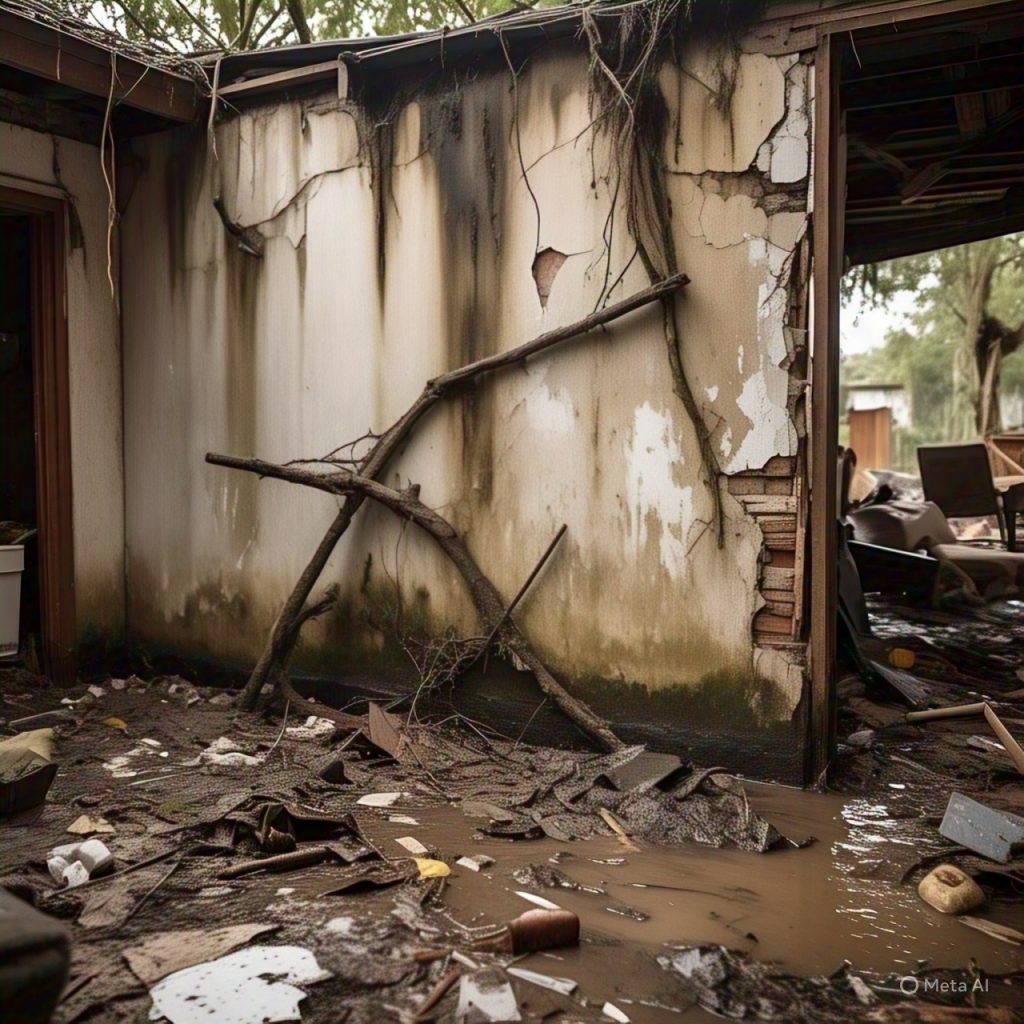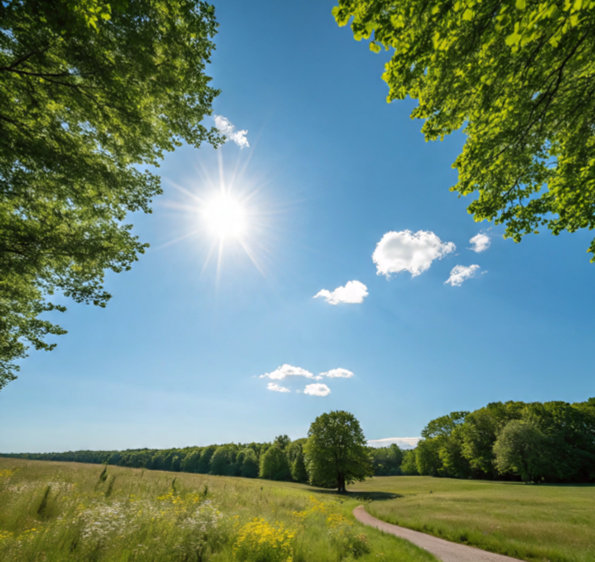Table of Contents
Every spring, residents of Ohio and Indiana keep one ear tuned to weather updates. Tornado season in the Midwest is not just a possibility it’s a certainty. Tornadoes strike suddenly, leaving behind destruction, injury, and, in some cases, tragic loss of life.
The question isn’t if a tornado will happen, but when. The real question is: Are you ready?

In this guide, we’ll provide a complete overview of how families and businesses in Ohio and Indiana can prepare for tornado season. We’ll also share a powerful fictional story that illustrates why preparation matters, along with expert guidance on what to do before, during, and after a tornado.
A Story from Dayton, Ohio: The Tornado That Changed Everything
Meet the Johnson family of Dayton, Ohio. Tornado warnings were nothing new to them. Like many families in the Midwest, they would often glance at the radar and move on with their day.
That all changed on Memorial Day weekend. An EF4 tornado touched down just outside their neighborhood. With less than 15 minutes of warning, they dashed into their basement, but their emergency kit was missing batteries, and they forgot critical medications upstairs.
The aftermath? Their home survived, but water poured through damaged parts of the roof. Mold began to grow within days.
The Johnsons learned the hard way that preparation saves more than property it saves lives and sanity.
Why Tornado Preparedness Matters in Ohio and Indiana
Ohio and Indiana are part of what meteorologists call “Tornado Alley’s Eastern Fringe.” While not as tornado-prone as Oklahoma or Kansas, Ohio and Indiana experience frequent tornado outbreaks during spring and early summer.

Tornado Facts for Ohio & Indiana:
- Ohio averages 19 tornadoes per year.
- Indiana averages about 22 tornadoes per year.
- Peak months: April to June.
- The average tornado warning time is just 13 minutes.
Preparation gives you more control, more safety, and faster recovery.
Essential Tornado Preparedness Checklist
1. Create a Tornado Emergency Plan
- Identify a safe space in your home (preferably a basement or interior room with no windows).
- Designate family roles: who grabs the pets, who checks the emergency kit, etc.
- Establish an out-of-town emergency contact.
2. Build a Tornado Emergency Kit
- Flashlights and extra batteries
- First aid kit and prescription medications
- Bottled water (3 gallons per person)
- Non-perishable food for at least 3 days
- Copies of insurance papers in a waterproof bag
- Phone chargers and battery backups
- Blankets or sleeping bags
3. Stay Alert with Multiple Warning Systems
- NOAA Weather Radio
- Mobile alerts (enable Wireless Emergency Alerts on your smartphone)
- Local TV and radio stations
4. Protect Your Property
- Trim loose tree branches.
- Reinforce garage doors.
- Anchor heavy furniture and appliances.
- Review your homeowner’s insurance annually for tornado-related coverage.
5. Plan for Pets and Special Needs
- Include leashes, carriers, and food in your kit.
- Make accommodations for elderly or disabled family members.
After the Tornado: Your Next Steps

- Check for Injuries: Render first aid if needed.
- Avoid Hazards: Downed power lines and gas leaks can be deadly.
- Document Damage: Take clear photos or videos of all damage.
- Contact Your Insurance Provider ASAP.
- Call PuroClean Disaster Restoration: Specialists in tornado damage cleanup, including water removal, mold prevention, and structural repair.
Why Choose PuroClean Disaster Restoration?
When disaster strikes, time is everything. PuroClean responds quickly to mitigate damage and start the restoration process. Services include:
- 24/7 emergency response
- Water extraction
- Mold remediation
- Structural drying and repairs
For families like the Johnsons, having PuroClean on their side meant mold was prevented, and repairs started immediately.

For immediate assistance with Water damage restoration, contact PuroClean Disaster Restoration, Call (+1) 260-263-9788.
PuroClean Disaster Restoration has over 19 years of experience in the water damage restoration industry, with over 100 5 Star reviews on Google serving Indianapolis. Click on this link to see it’s online reviews and ratings.
Frequently Asked Questions (FAQs)
1. When is tornado season in Ohio and Indiana?
Tornado season typically spans from April to July, though tornadoes can occur outside these months as well.
2. How can I tell if a tornado is approaching?
Watch for:
- Green or eerie-colored sky
- Rotating, funnel-shaped clouds
- Sudden stillness or a loud, roaring noise (like a freight train)
- Hail or heavy rain followed by calm
3. What if I don’t have a basement?
Go to a small, windowless interior room (closet, bathroom, hallway). Protect your head with pillows, blankets, or a mattress.
4. Are mobile homes safe during tornadoes?
No. Mobile homes offer very little protection from tornadoes. Plan to evacuate to a nearby sturdy shelter ahead of time.
5. Can tornadoes cause mold problems?
Yes. Tornadoes often lead to roof or window damage, letting rainwater in. Mold can start growing in as little as 24 to 48 hours if water isn’t professionally removed.
6. Does homeowners insurance cover tornado damage?
Most homeowners insurance covers wind damage, but you may need separate flood coverage. Review your policy annually.
7. How soon should I call a restoration company after a tornado?
Immediately. The faster you act, the less damage you’ll have to repair later. PuroClean offers 24/7 emergency services.
Final Thought: Don’t Wait Until It’s Too Late
Preparing for tornado season means more than having a flashlight handy. It means protecting your home, your family, and your peace of mind.
Contact PuroClean Disaster Restoration today for tornado preparedness consultations or post-disaster cleanup. Don’t wait until it’s too late.
Stay alert. Stay safe. Stay prepared.


 PuroClean Disaster Restoration
PuroClean Disaster Restoration